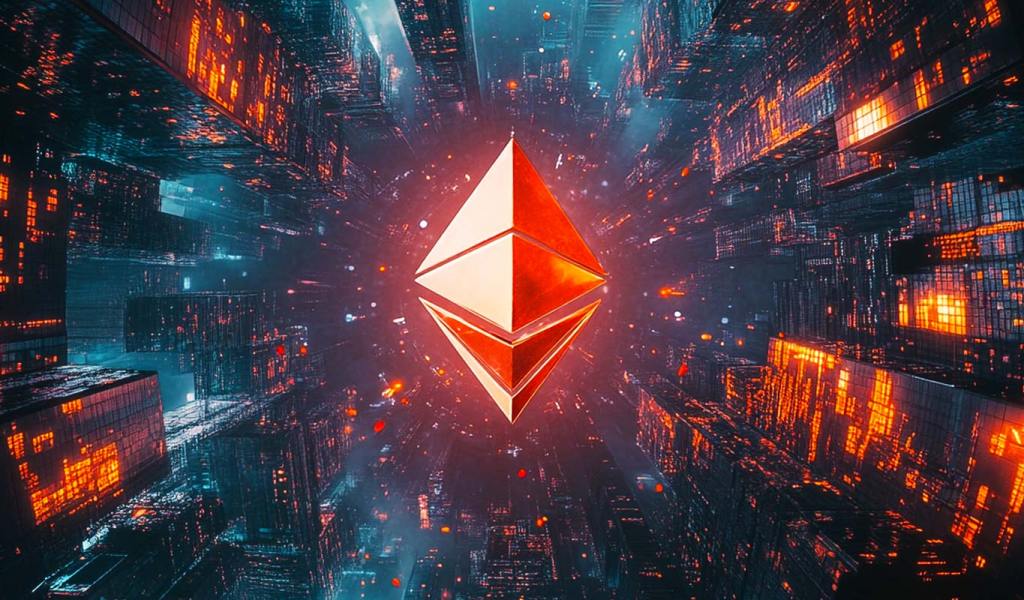
Onlookers praised the Gemini tech demo from Google upon its release last week but the tech firm admits some of it was jazzed up for “brevity.”
A "hands-on" tech demo of Google’s new artificial intelligence model Gemini has gone from being the talk of the town to being accused by critics of being “basically entirely fake.”
The six-minute video, which garnered 2.1 million views on YouTube since its release on Dec. 7, shows it seamlessly interacting with a human operator in seemingly real-time, including analyzing a duck drawing, hand gestures, and inventing a game called “Guess the Country" with just an image prompt of the world map.
However, Oriol Vinyals, a Google Deepmind executive has since clarified that while the user prompts and outputs in the video are real, it has been “shortened for brevity.” In reality, Gemini's interactions were text-based, not voiced, and took much longer than how it was represented in the video.


